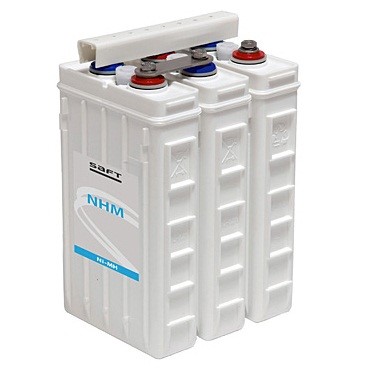
Lithium-Ion Polymer Batteries (Li-Po or Li-Poly)
Lithium Polymer Batteries (Li-Po)
Lithium polymer (Li-Po) batteries are a type of rechargeable battery that have become widely used in recent years due to their many advantages. They are commonly found in portable electronic devices such as smartphones, tablets, laptops, drones, and electric vehicles.
Difference from Lithium-Ion Batteries:
Although their names are similar, there are key differences between lithium-ion and lithium-polymer batteries. The main distinction lies in the electrolyte: lithium-ion batteries use a liquid electrolyte, while lithium-polymer batteries use a solid or gel-like polymer electrolyte.
Advantages:
High Energy Density: Li-Po batteries can store a large amount of energy in a compact size, enabling lighter and thinner device designs.
Lightweight: Thanks to the polymer electrolyte, Li-Po batteries are generally lighter than lithium-ion batteries.
Flexible Shapes: They can be manufactured in various shapes and sizes, giving designers more freedom in product design.
Improved Safety: Compared to lithium-ion batteries, Li-Po batteries have a lower risk of catching fire.
Structure and Operation:
Positive Electrode (Cathode): Typically made of lithium compounds like lithium cobalt oxide (LiCoO₂) or lithium nickel manganese cobalt oxide (NMC).
Negative Electrode (Anode): Usually made of graphite or other carbon-based materials.
Electrolyte: A solid or gel-like polymer that enables lithium-ion movement between electrodes.
Separator: A thin layer that prevents direct contact between the electrodes.
During charging, lithium ions move from the positive electrode to the negative electrode where they are stored. During discharge, this process reverses—the ions move back to the positive electrode, generating electrical current.
Applications:
Smartphones: Most modern smartphones use Li-Po batteries.
Tablets: These batteries are ideal for high-capacity needs in tablets.
Laptops: Used in slim and lightweight laptops.
Drones: Their low weight and high energy density make them perfect for drones.
Electric Vehicles: Some EVs also use Li-Po batteries.
Important Usage Notes:
Overcharging: Can seriously damage the battery and pose safety risks.
Deep Discharge: Frequent full discharges can reduce battery lifespan.
High Temperatures: Exposure to high heat can shorten battery life and increase fire risk.



0 Comments